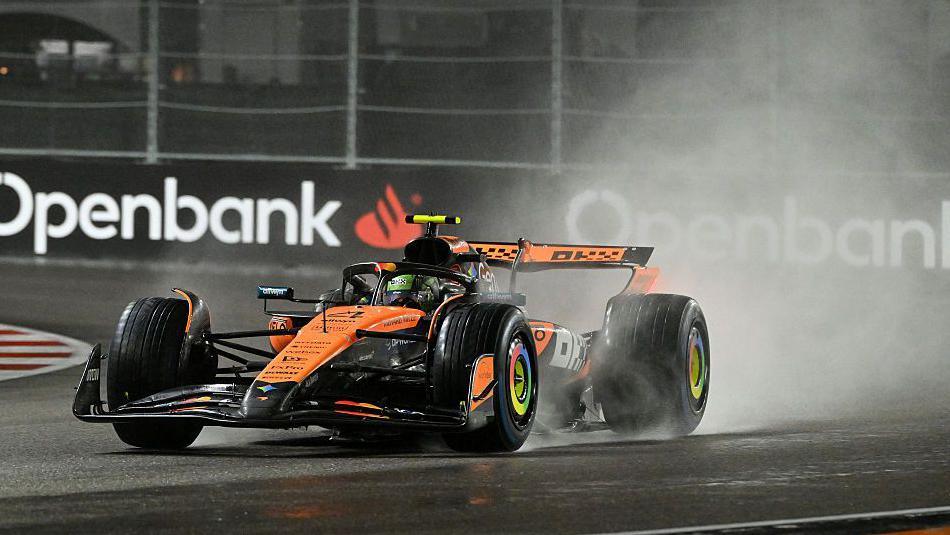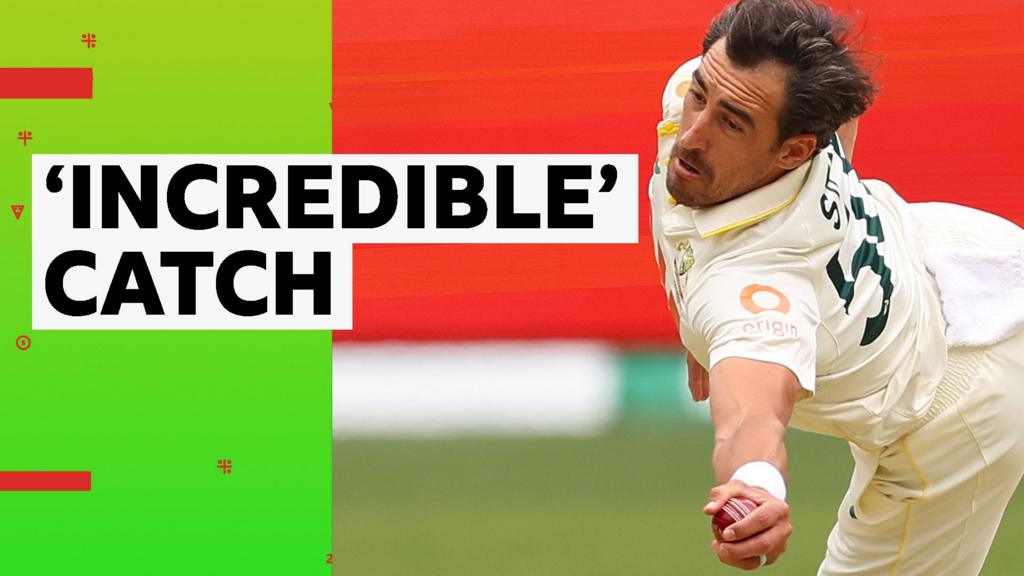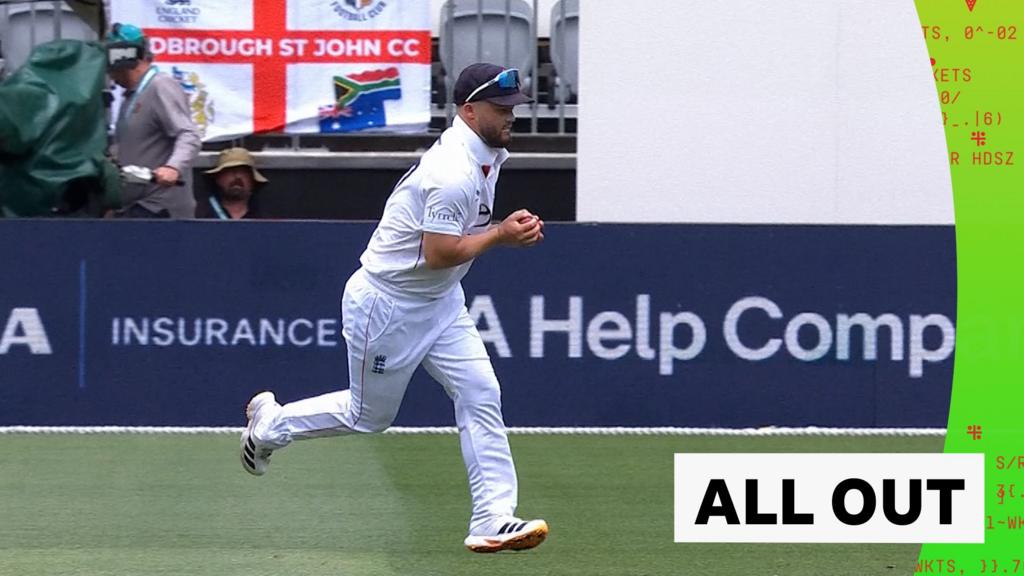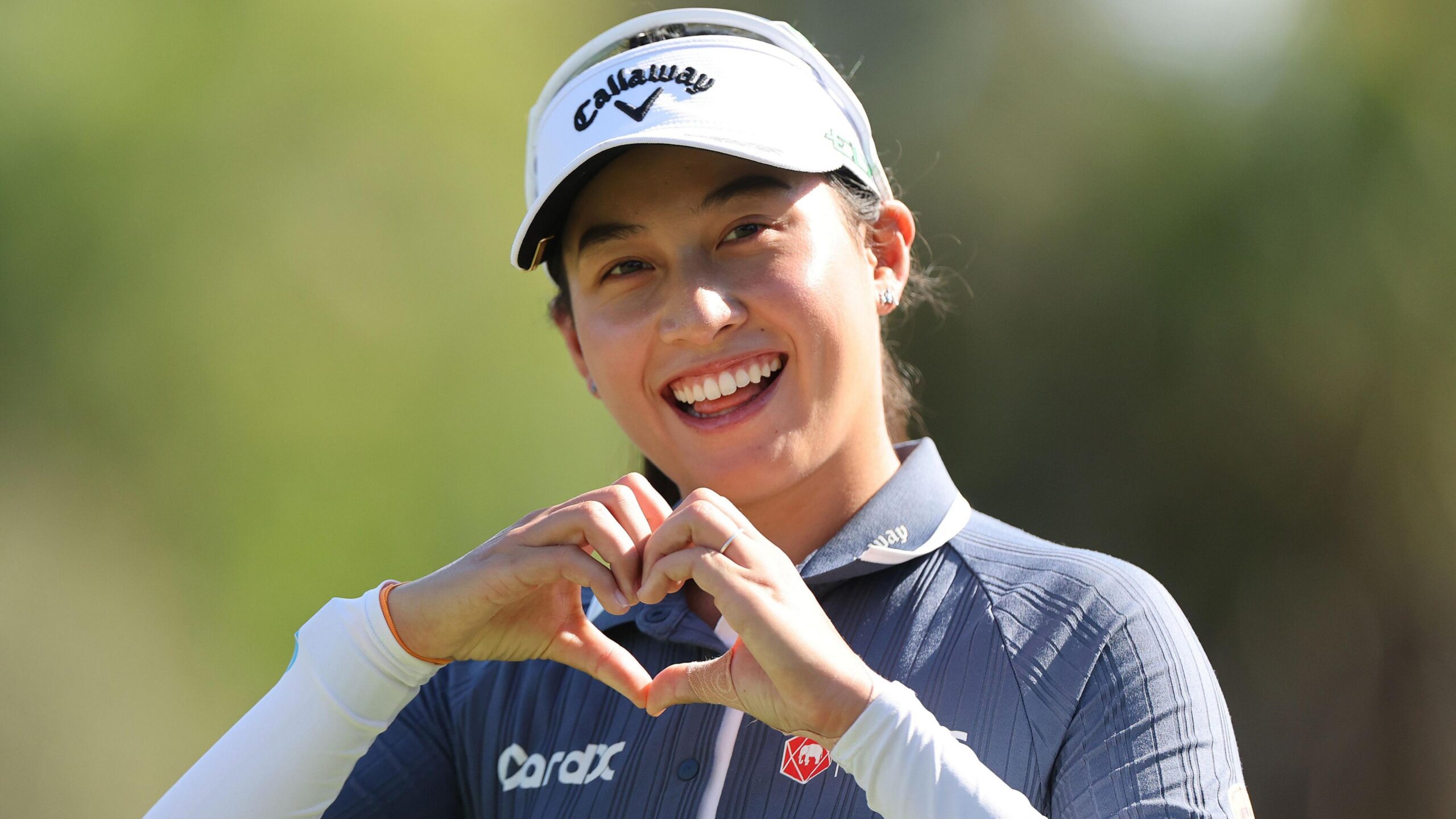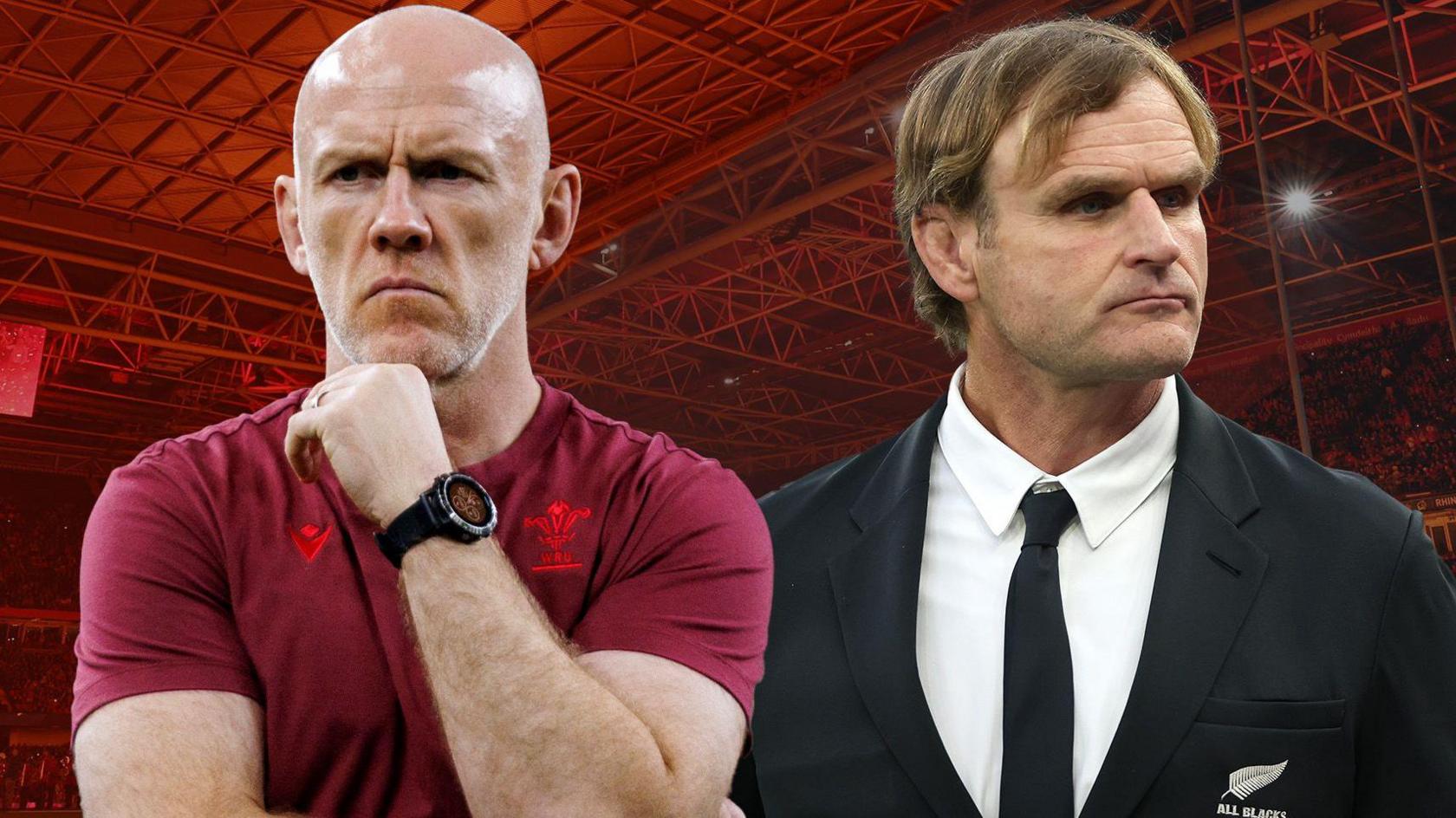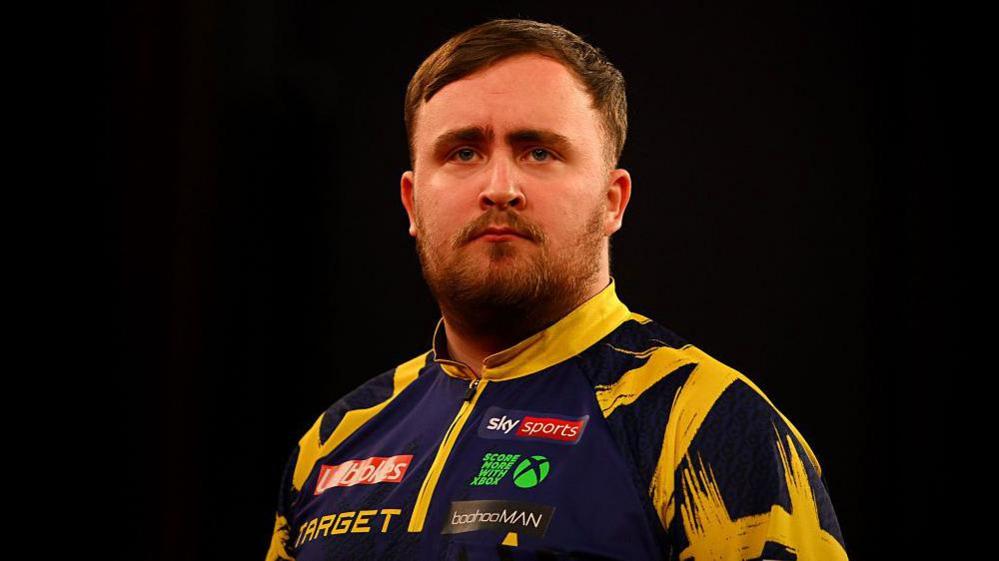Luke Littler won his first match as world number one to progress at the Players Championship Finals, while Gian van Veen produced a second stunning comeback victory against Luke Humphries in the space of a month.
Less than a month after upsetting Humphries in the final of the European Championship, Van Veen fought back from three legs down to defeat the defending champion 6-5 in Minehead.
Humphries flew out of the traps with checkouts of 145, 40 and 83, but Van Veen came roaring back with finishes of 161 and 81 on bullseye.
The former world number one steadied himself before losing throw at 4-4, before two Van Veen misses allowed Humphries to set up a deciding leg.
Van Veen’s hard work looked to be in vain as he missed five match darts, but Humphries was equally wasteful and fell to a fourth consecutive loss to the Dutchman.
It has not been the best month for Humphries, who earlier this month surrendered his world number one crown to Littler when he lost to ‘The Nuke’ in the Grand Slam of Darts final.
Meanwhile, Littler breezed into the second round with a 6-1 victory against Jeffrey de Graaf.
After being introduced to the crowd as world number one for the first time in his career, Littler averaged 104.46 to continue his hunt for a first Players Championship title.
“It felt absolutely amazing, probably one of the best feelings I’ve had, to be world champion and world number one at the same time – but there is more to come,” Little told ITV Sport.
“This is the title I haven’t won yet. Last year I came up short against Luke Humphries so I want to tick this one off.”
The 18-year-old will face Ross Smith in the second round after the Englishman saw off Ryan Meikle 6-1.
Top seed Gerwyn Price was not at his best against Max Hopp – missing six darts when trying to take a 5-2 lead – but the German failed to capitalise and Price won 6-2.
Stephen Bunting notched a routine 6-2 victory over Ritchie Edhouse, before Nathan Aspinall dispatched Karel Sedlacek 6-3.
Four-time world champion Raymond van Barneveld limped out with a 6-3 defeat by Krzysztof Ratajski.
Rob Cross, Dave Chisnall and Jonny Clayton were all beaten in the afternoon session, with James Hurrell defeating former finalist Clayton with a 99.2 average.

